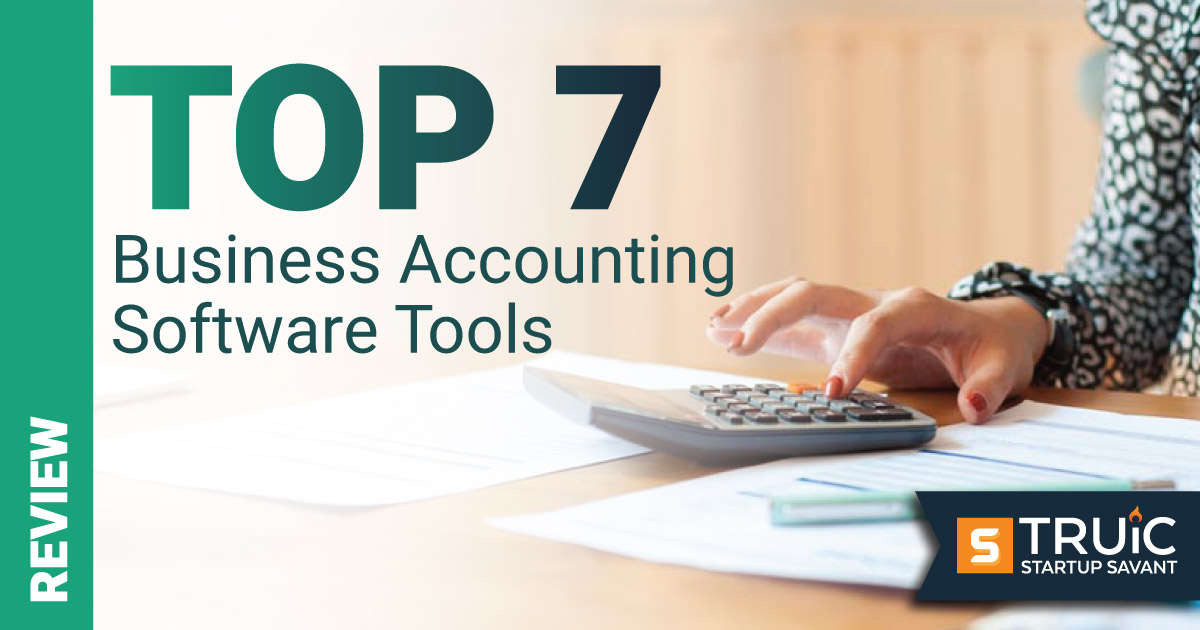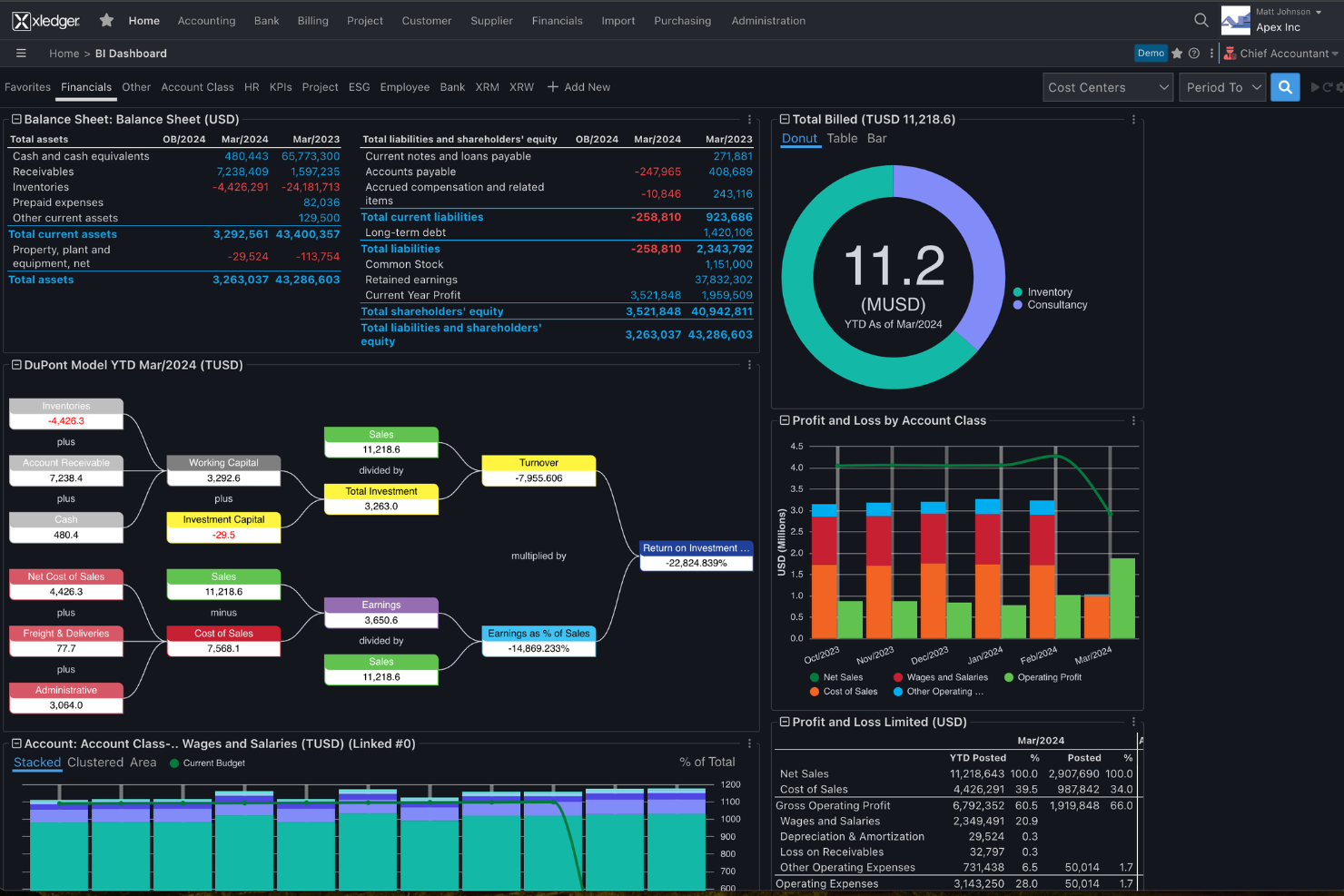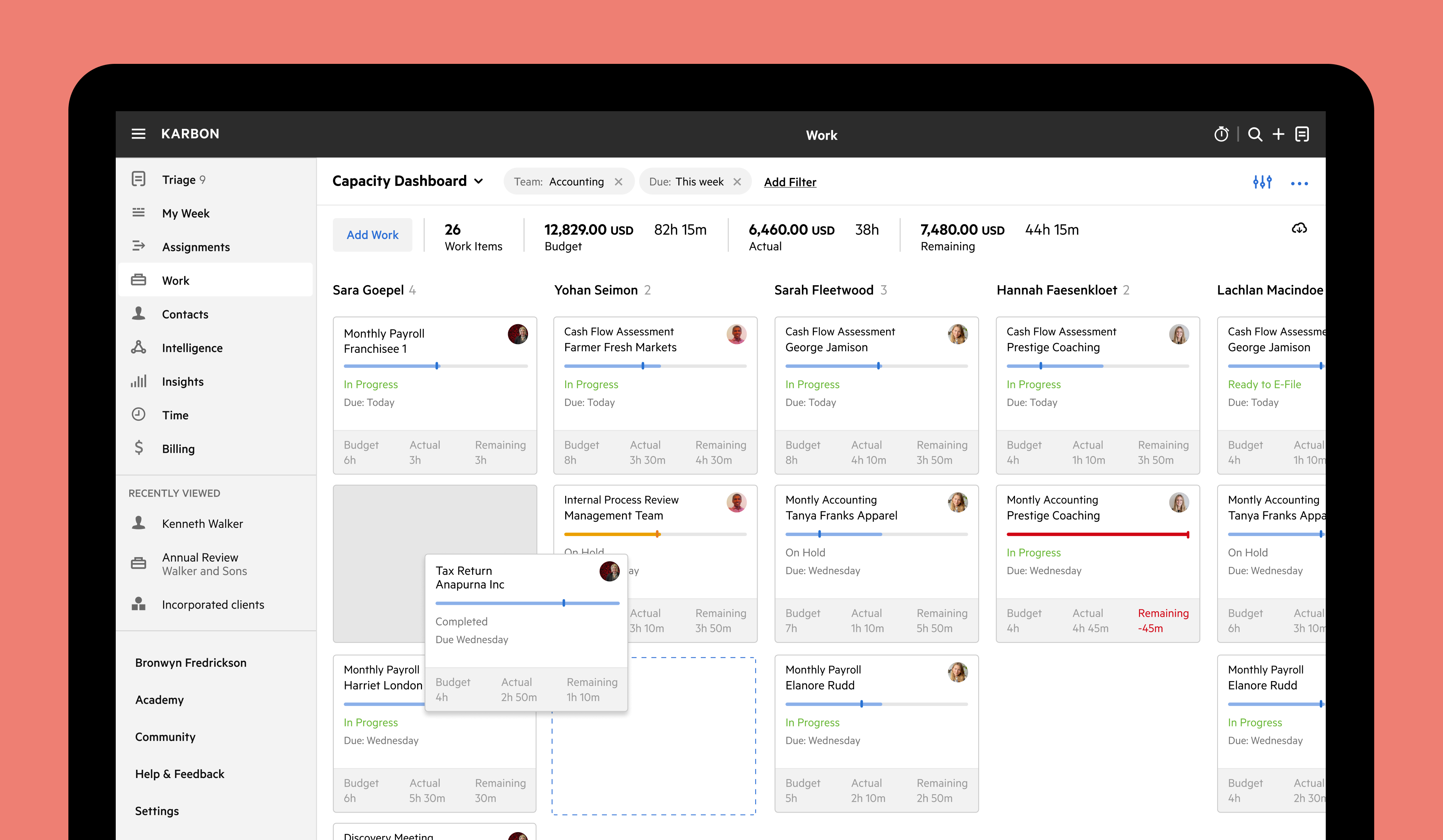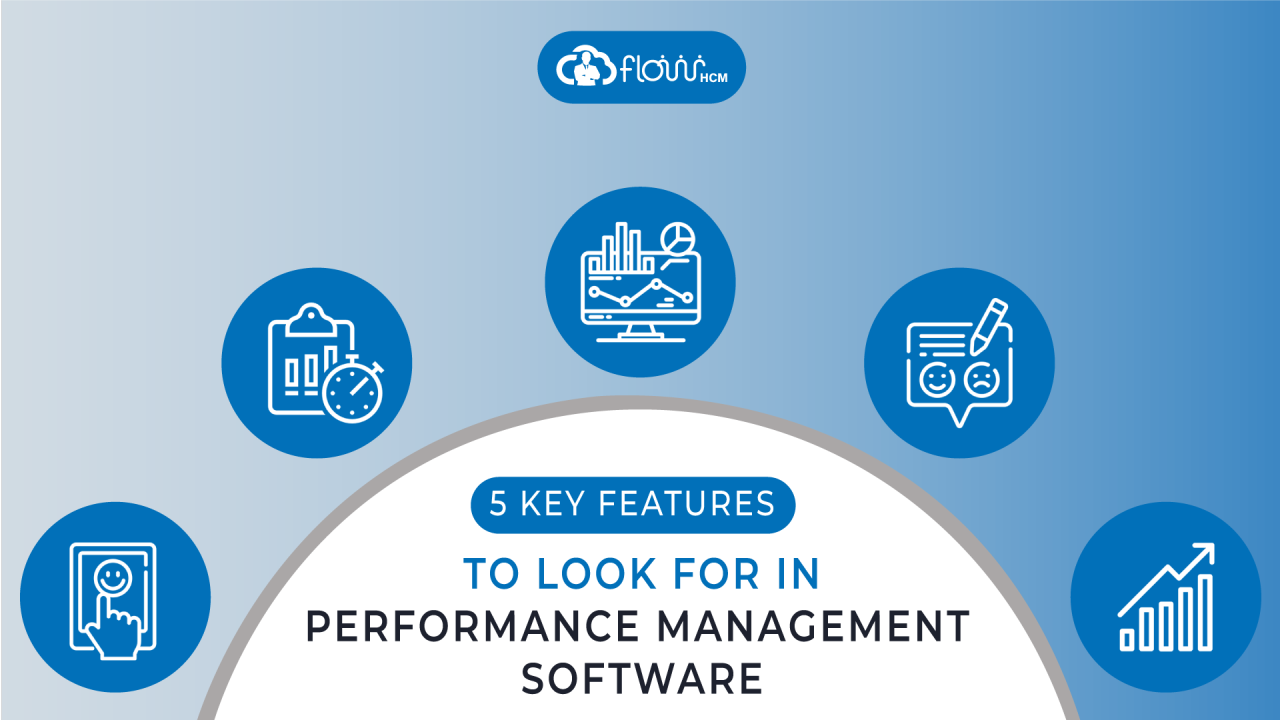Finding the best software tool for bookkeeping is essential for any business. The right tool can save time and reduce errors.
Bookkeeping is crucial for tracking finances and making informed decisions. Many software options are available, each with unique features. Choosing the right one can be challenging. This blog aims to help you identify the best bookkeeping software for your needs.
We’ll explore key features, ease of use, and cost. Whether you run a small business or manage personal finances, finding the right tool can make a big difference. Stay tuned as we the top choices for bookkeeping software.

Credit: startupsavant.com
Introduction To Bookkeeping Software
Bookkeeping is essential for any business. It helps track income and expenses. This is where bookkeeping software comes in. It makes the job easier and quicker. Let’s explore why bookkeeping is important and the role software plays in it.
Importance Of Bookkeeping
Bookkeeping keeps financial records accurate. This is vital for several reasons:
- It helps in tracking business performance.
- It compliance with tax regulations.
- It aids in budgeting and planning.
Without proper bookkeeping, a business can face many challenges. It can lead to financial losses and legal issues.
Role Of Software In Modern Bookkeeping
Bookkeeping software has changed how businesses manage their finances. Here are some key roles it plays:
- Automation: Software automates many tasks. This reduces human error and saves time.
- Real-time updates: It provides real-time financial data. This helps in making quick decisions.
- Reporting: Software generates detailed reports. These are useful for analysis and audits.
Using bookkeeping software makes the process efficient. It makes it more accurate and reliable.
credit: www.linkedin.com
Key Features To Look For
Choosing the best software tool for bookkeeping is crucial. The right tool simplifies tasks and saves time. But what features should you look for? Here are some essential ones to.
User-friendly Interface
A user-friendly interface is vital. It helps you navigate the software easily. Look for simple, intuitive designs. Icons and menus should be clear. The interface should not be cluttered. This makes it easier to find what you need.
Integration With Other Tools
Integration with other tools is a must-have. Your bookkeeping software should connect with your existing tools. This includes payroll systems, CRM software, and banking apps. Seamless integration saves time and reduces errors. It allows data to flow smoothly between systems.
Security Measures
Security is a top priority. the software has strong security measures. This includes data encryption and two-factor authentication. Regular updates and backups are essential. Your financial data must be protected at all times.
| Feature | Importance |
|---|---|
| User-Friendly Interface | High |
| Integration with Other Tools | High |
| Security Measures | Very high |
Remember, the best software tool for bookkeeping should make your work easier. It should integrate with your tools and keep your data secure.
Top Bookkeeping Software Tools
Choosing the right bookkeeping software can transform your business operations. With several options available, it can be tough to decide. Here are some top bookkeeping software tools that can make your bookkeeping tasks simpler and more efficient.
Quickbooks
QuickBooks is one of the most popular bookkeeping software tools. It is designed for small and medium-sized businesses. QuickBooks offers a range of features that cater to various bookkeeping needs.
- Easy-to-use interface
- Automated invoicing
- Expense tracking
- Integration with banks
- Financial reporting
QuickBooks provides mobile apps to manage your finances on the go. This makes it a versatile choice for businesses of all sizes.
Xero
Xero is another top bookkeeping software that is widely used. It is known for its robust features and user-friendly design.
- Cloud-based access
- Real-time financial data
- Inventory management
- Multi-currency support
- Payroll integration
Xero is ideal for businesses that need comprehensive financial management tools. Its cloud-based platform you can access your data from anywhere.
Freshbooks
FreshBooks is perfect for freelancers and small business owners. It focuses on making invoicing and expense tracking easy.
- Simple invoicing
- Expense tracking
- Time tracking
- Project management
- Online payments
FreshBooks offers a straightforward interface that helps streamline the bookkeeping process. It is an excellent choice for those who need basic yet effective bookkeeping tools.

Credit: karbonhq.com
Quickbooks: An In-depth Look
QuickBooks is one of the most popular software tools for bookkeeping. Many businesses, both small and large, use it to manage their financial records. This tool offers a range of features designed to simplify bookkeeping tasks. Let’s take an in-depth look at QuickBooks.
Features And Benefits
QuickBooks offers various features that make bookkeeping easier. It provides automated invoicing, which saves time and reduces errors. Users can connect their bank accounts to track transactions in real-time. The software generates detailed financial reports. These reports help businesses understand their financial health. Payroll management is another key feature. QuickBooks handles employee payments and tax calculations.
Another benefit is the user-friendly interface. Even those with little accounting knowledge can navigate it easily. QuickBooks integrates with many other business tools. This makes it a versatile choice for many businesses. Cloud-based access allows users to work from anywhere. This flexibility is crucial for remote teams.
Pros And Cons
QuickBooks has many advantages. It simplifies complex bookkeeping tasks. The software is reliable and trusted by many businesses. Automation features save time and reduce errors. The user-friendly interface makes it accessible to everyone. Cloud access provides flexibility for remote work.
Well there are some drawbacks. The cost can be high for small businesses. Some users find the initial setup complex. Customer support may not always be responsive. Despite these cons, many businesses find QuickBooks a valuable tool.
Xero: Comprehensive Overview
Xero is a popular bookkeeping software tool. It offers a range of features that simplify accounting processes. Small businesses and large enterprises use Xero for efficient financial management.
Features And Benefits
Xero provides several essential features:
- Invoicing: Create and send invoices easily.
- Bank Reconciliation: Automatically import and categorize bank transactions.
- Expense Tracking: Monitor and manage expenses effectively.
- Inventory Management: Keep track of stock levels in real-time.
- Payroll Management: Handle employee payrolls smoothly.
These features offer many benefits:
- Time-saving: Automate repetitive tasks.
- Accuracy: Reduce errors with automatic data entry.
- Accessibility: Access data anytime, anywhere with cloud-based storage.
- Collaboration: Share access with your team and accountant.
- Scalability: Suitable for businesses of all sizes.
Pros And Cons
| Pros | Cons |
|---|---|
| User-friendly interface | May be expensive for small businesses |
| Comprehensive features | Learning curve for new users |
| Excellent customer support | Limited customization options |
| Regular updates | Requires internet connection |
Xero is a strong choice for bookkeeping. Its features and benefits make it suitable for various business needs.
Freshbooks: Detailed Analysis
FreshBooks is a popular bookkeeping software tool. It is suitable for small business owners and freelancers. This software simplifies accounting tasks, enabling users to manage their finances efficiently. In this section, we will provide a detailed analysis of FreshBooks, focusing on its features, benefits, pros, and cons.
Features And Benefits
FreshBooks offers a variety of features designed to streamline bookkeeping. Here is a detailed look at its key features and benefits:
- Invoicing: Create professional invoices quickly. Customize them with your logo and branding.
- Expense Tracking: Automatically import expenses from your bank account. Categorize expenses easily for better tracking.
- Time Tracking: Log hours worked on projects. Generate accurate invoices based on time entries.
- Payments: Accept online payments. Integrate with payment gateways like PayPal and Stripe.
- Reporting: Generate financial reports. Gain insights into your business performance.
Pros And Cons
Like any software, FreshBooks has its advantages and disadvantages. Here is a clear breakdown:
| Pros | Cons |
|---|---|
|
|
Comparing The Top Picks
Choosing the right software tool for bookkeeping is crucial for any business. The right tool can streamline processes, improve accuracy, and save time. Here, we compare the top picks in the market, focusing on pricing, user experience, and customer support.
Pricing Comparison
| Software | Free Trial | Basic Plan | Premium Plan |
|---|---|---|---|
| QuickBooks | 30 days | $25/month | $150/month |
| FreshBooks | 30 days | $15/month | $50/month |
| Xero | 30 days | $12/month | $65/month |
User Experience
QuickBooks: Many users find QuickBooks intuitive. The interface is clean. Navigation is simple. It offers a dashboard with key metrics. This helps in quick decision-making.
FreshBooks: FreshBooks is user-friendly. It offers a modern design. Users appreciate the easy-to-use invoicing features. It is ideal for small businesses.
Xero: Xero has a user-friendly interface. The dashboard is customizable. Users enjoy the easy bank reconciliation. It is great for companies of all sizes.
Customer Support
QuickBooks: QuickBooks offers 24/7 support. Users can reach out via phone, chat, or email. The response time is quick. Many users appreciate the detailed help articles.
FreshBooks: FreshBooks provides excellent customer support. Users can contact support via phone and email. There is a comprehensive knowledge base. The support team is friendly and helpful.
Xero: Xero offers 24/7 customer support. Users can get help via email and live chat. The support team is knowledgeable. Many users find the online community and forum helpful.

Credit: www.clinked.com
Choosing The Right Tool For Your Needs
Choosing the right bookkeeping software can be a daunting task. With so many options available, it is crucial to select a tool that fits your specific needs. This section will guide you through the process of making an informed decision.
Assessing Your Requirements
Begin by understanding what your business needs. Do you need basic bookkeeping or advanced features? your business size and complexity. Are you a freelancer, small business, or a large enterprise?
Think about the features you need. Do you require invoicing, payroll, or inventory management? Make a list of must-have features and nice-to-have features. This will help you narrow down your options.
Budget is another. Determine how much you are willing to spend. Some tools offer free trials, which can be useful for testing before committing.
Making The Final Decision
After assessing your requirements, research available options. Look for reviews and testimonials from other users. Evaluate the ease of use of each tool. Choose software that is user-friendly and has good customer support.
The software’s scalability. it can grow with your business. Check for integration capabilities. It should work well with other tools you use.
Finally, take advantage of free trials. Test the software to see if it meets your needs. Make an informed decision based on your experience and research.
Frequently Asked Questions
What Is The Best Software For Bookkeeping?
The best software for bookkeeping depends on your needs. QuickBooks, FreshBooks, and Xero are popular choices. They offer user-friendly interfaces, automation features, and comprehensive reporting.
Is Quickbooks Good For Small Businesses?
Yes, QuickBooks is excellent for small businesses. It offers features like invoicing, expense tracking, and financial reporting. The software is user-friendly and integrates with many other tools.
How Much Does Bookkeeping Software Cost?
Bookkeeping software costs vary. Basic plans can start around $10 per month, while advanced features may cost more. Always check for discounts and promotions.
Can Bookkeeping Software Help With Taxes?
Yes, bookkeeping software can help with taxes. It organizes financial data and generates reports. This makes tax preparation easier and more accurate.
Conclusion
Choosing the best bookkeeping software can be a challenge. Your needs first. Popular options like QuickBooks and Xero offer great features. They help track expenses, manage invoices, and generate reports easily. User-friendly interfaces make them suitable for beginners. Always look for software that fits your budget.
Read reviews and try free trials if available. Investing in the right tool saves time and reduces stress. Start exploring today and find the perfect match for your bookkeeping tasks.



